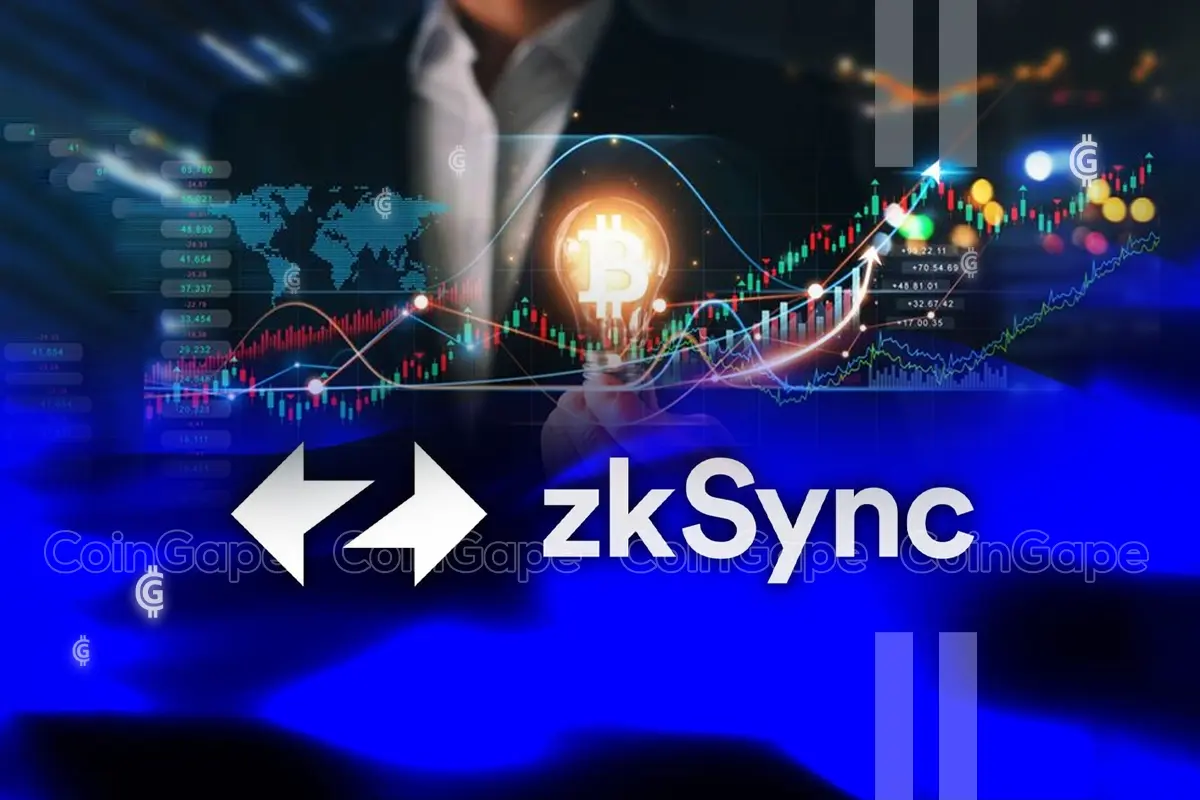Altcoin
ZKsync Sees $500M Sell-Off in Tokens Post-Airdrop, Data Reveals

According to blockchain analytics firm Nansen, over 41% of the initial recipients of ZKsync’s recent airdrop sold their entire token allocations on the first day. This liquidation wave involved more than 4,160 wallet addresses, pushing nearly $500 million of the new ZK tokens into the open market. The ZK token, part of an Ethereum scaling solution by ZKsync, experienced a sharp price drop, trading at around 20 cents.
ZKsync Token Airdrop Triggers Major Market Sell-Off
The aftermath of ZKsync’s token airdrop saw a notable price decline, primarily driven by large-scale sell-offs. Nansen‘s data highlights that alongside the 41% who sold their complete allocations, approximately 30% of top recipients liquidated portions of their tokens. However, just under 29% have retained their tokens post-airdrop. The rapid sell-off reduced the token’s valuation, underscoring the volatile nature of cryptocurrency markets immediately following such distributions.
Moreover, the market reaction was compounded by issues related to Sybil attacks—exploits where individuals create multiple fake identities to receive a disproportionate amount of airdropped tokens. Although some protocols have implemented stringent measures to counteract Sybil attacks, ZKsync opted for a less restrictive filtering approach, which may have contributed to the flood of tokens hitting the market. Despite the evident market turbulence, ZKsync plans to distribute 3.67 billion tokens to over 695,232 addresses, of which the top 10,000 wallets constitute only 1.44% of the total allocation.
Market Reacts to ZKsync Token Influx
The strategy behind ZKsync’s airdrop raises questions about the effectiveness of governance token distribution and the ongoing challenges of Sybil’s attacks. While protocols like LayerZero have intensified efforts to mitigate such risks, ZKsync’s approach has faced criticism. Nansen reported that many Sybil addresses previously blacklisted by other airdrops managed to acquire significant amounts of ZK tokens, further complicating the distribution dynamics.
The impact of these distributions is not merely limited to market price fluctuations but also affects the broader governance and utility of the tokens. Analysts remain divided on whether Sybil farmers conducted the bulk of the sell-offs, but the influx of tokens into the market has undeniably influenced investor perceptions and confidence.
Despite the apparent market disruption, ZKsync developer Matter Labs appears unfazed mainly by the sell-off. CEO Alex Gluchowski suggested that more tokens in circulation could benefit genuine governance participants by increasing availability and market presence. This perspective highlights a fundamental tension between wide token distribution for decentralized governance and the market volatility it can introduce.
Also Read: Circle IPO: Stablecoin Giant Ramps Up Hiring Ahead Of Public Listing
The presented content may include the personal opinion of the author and is subject to market condition. Do your market research before investing in cryptocurrencies. The author or the publication does not hold any responsibility for your personal financial loss.











✓ Share: